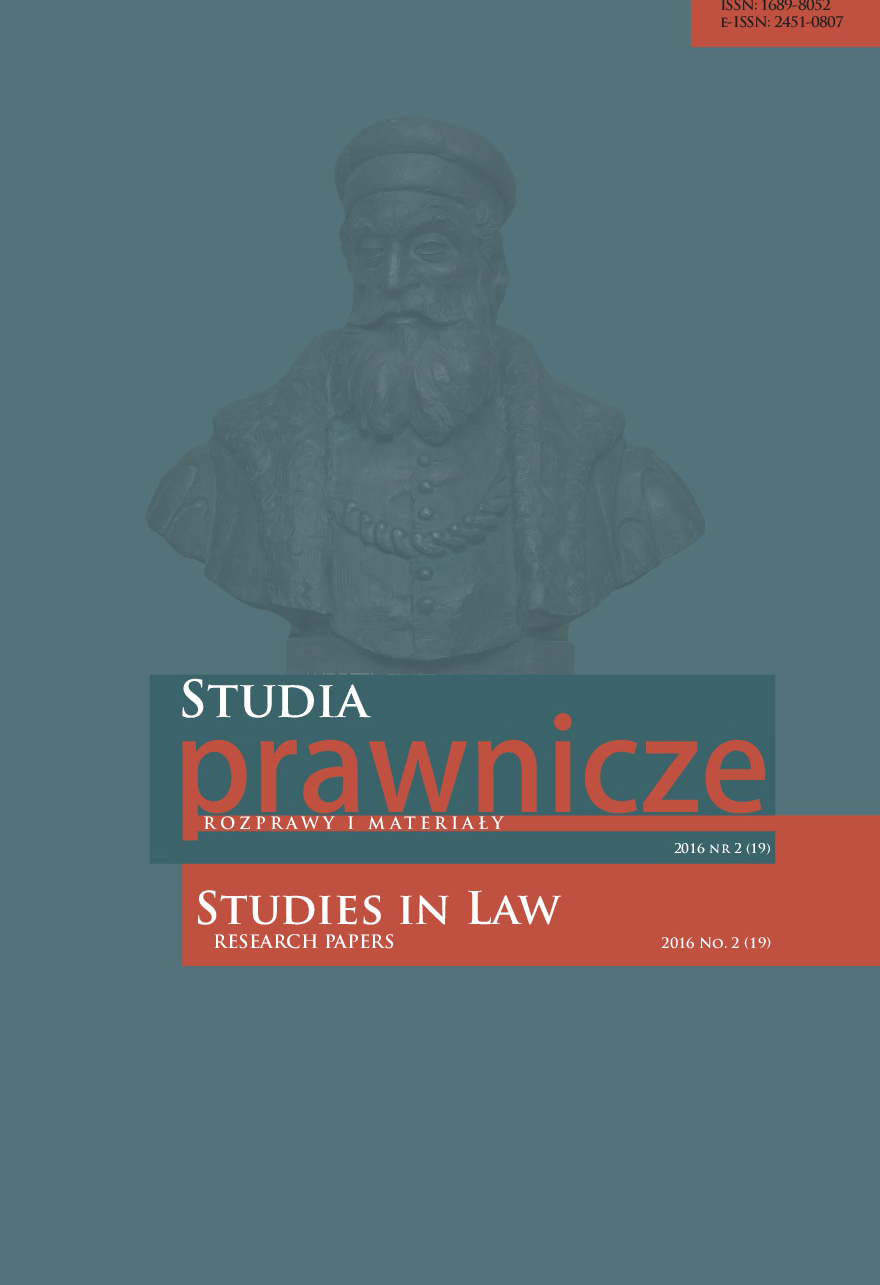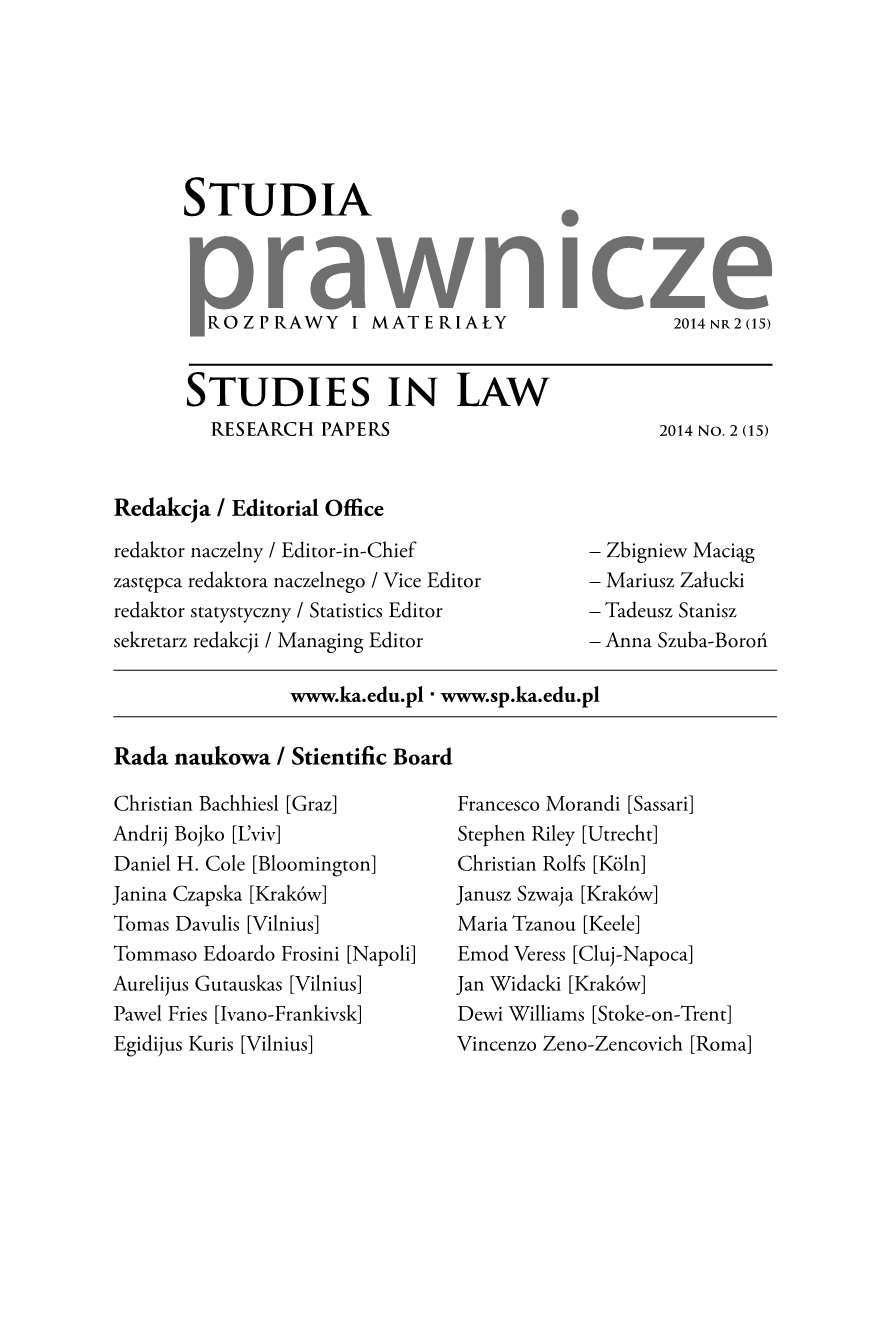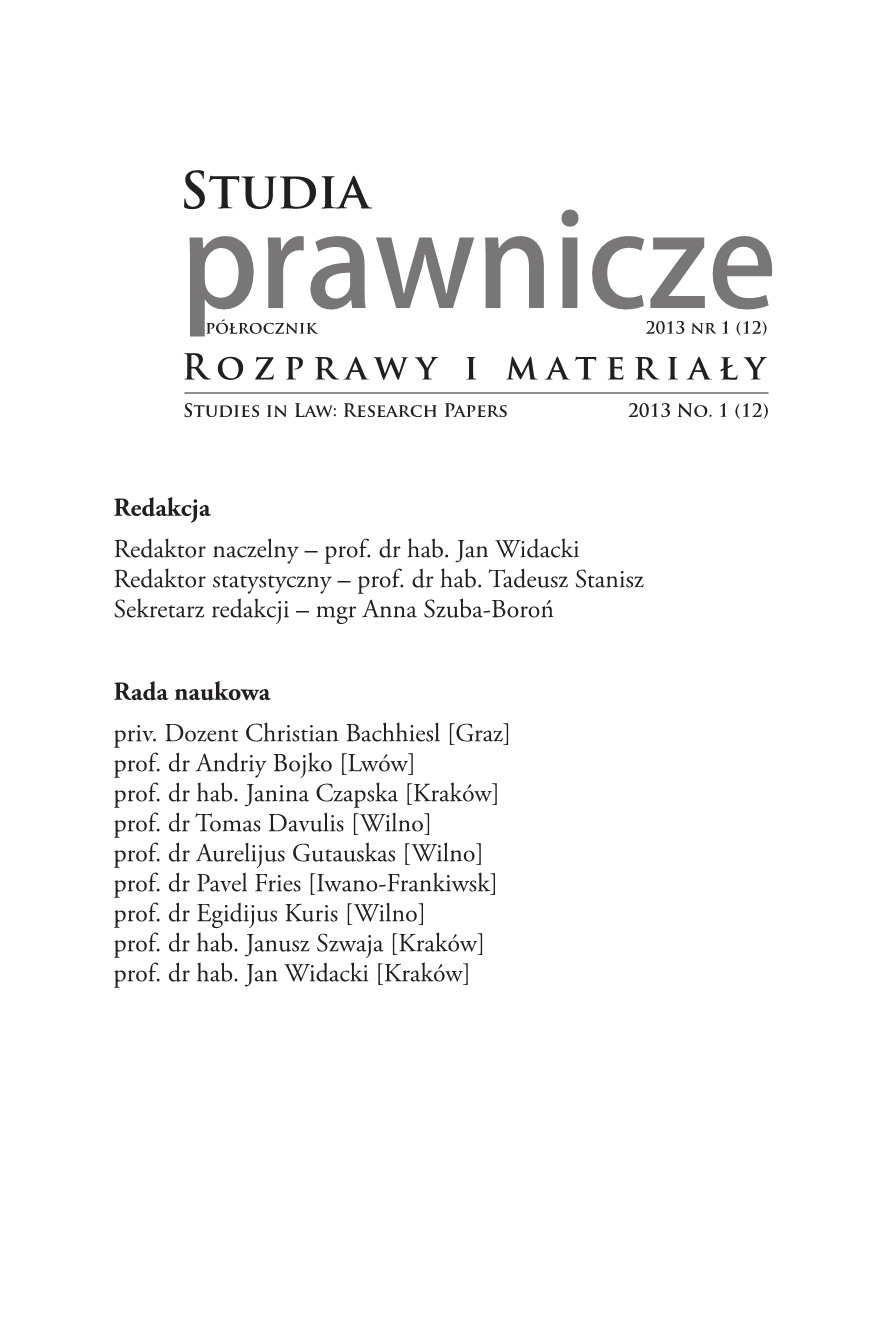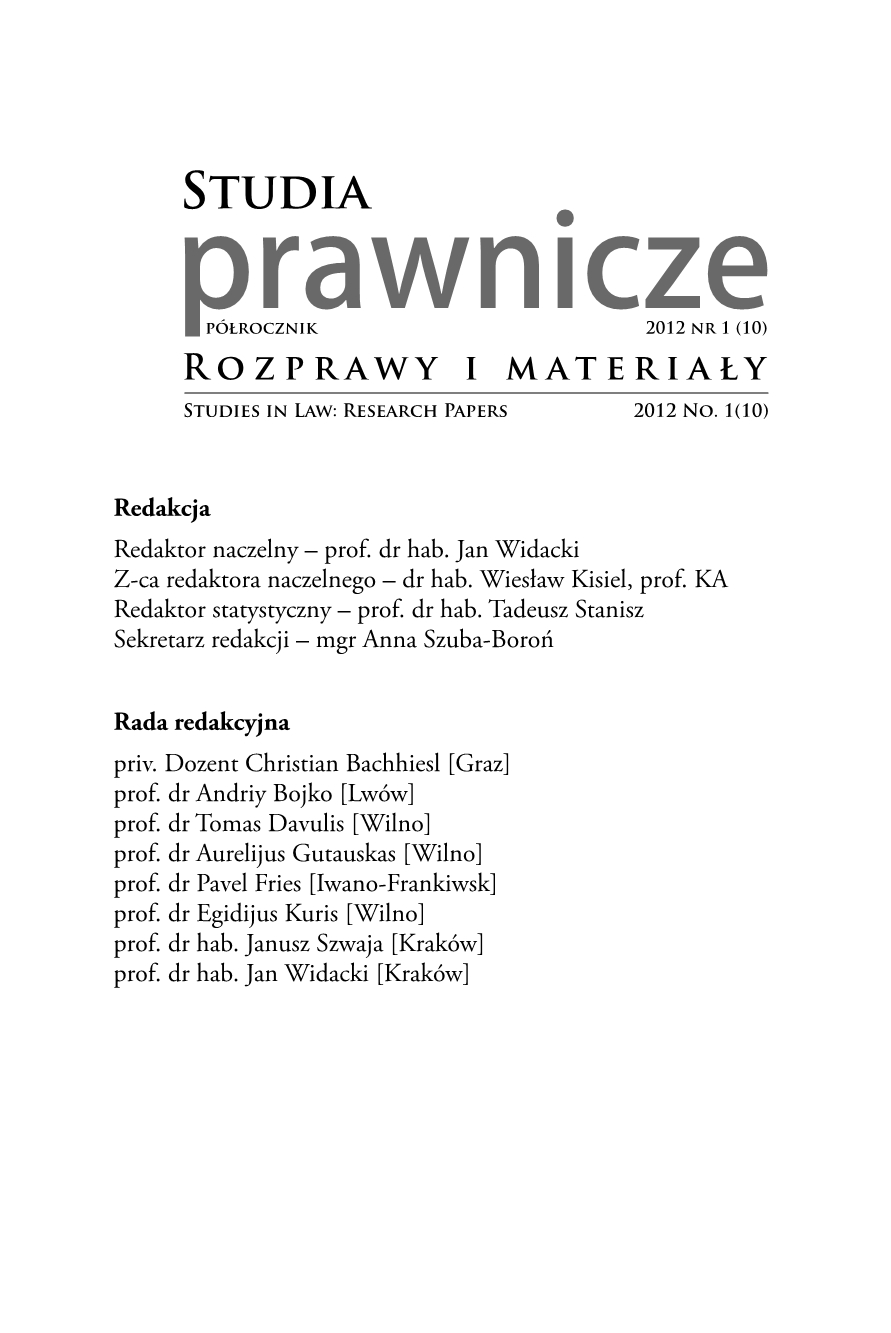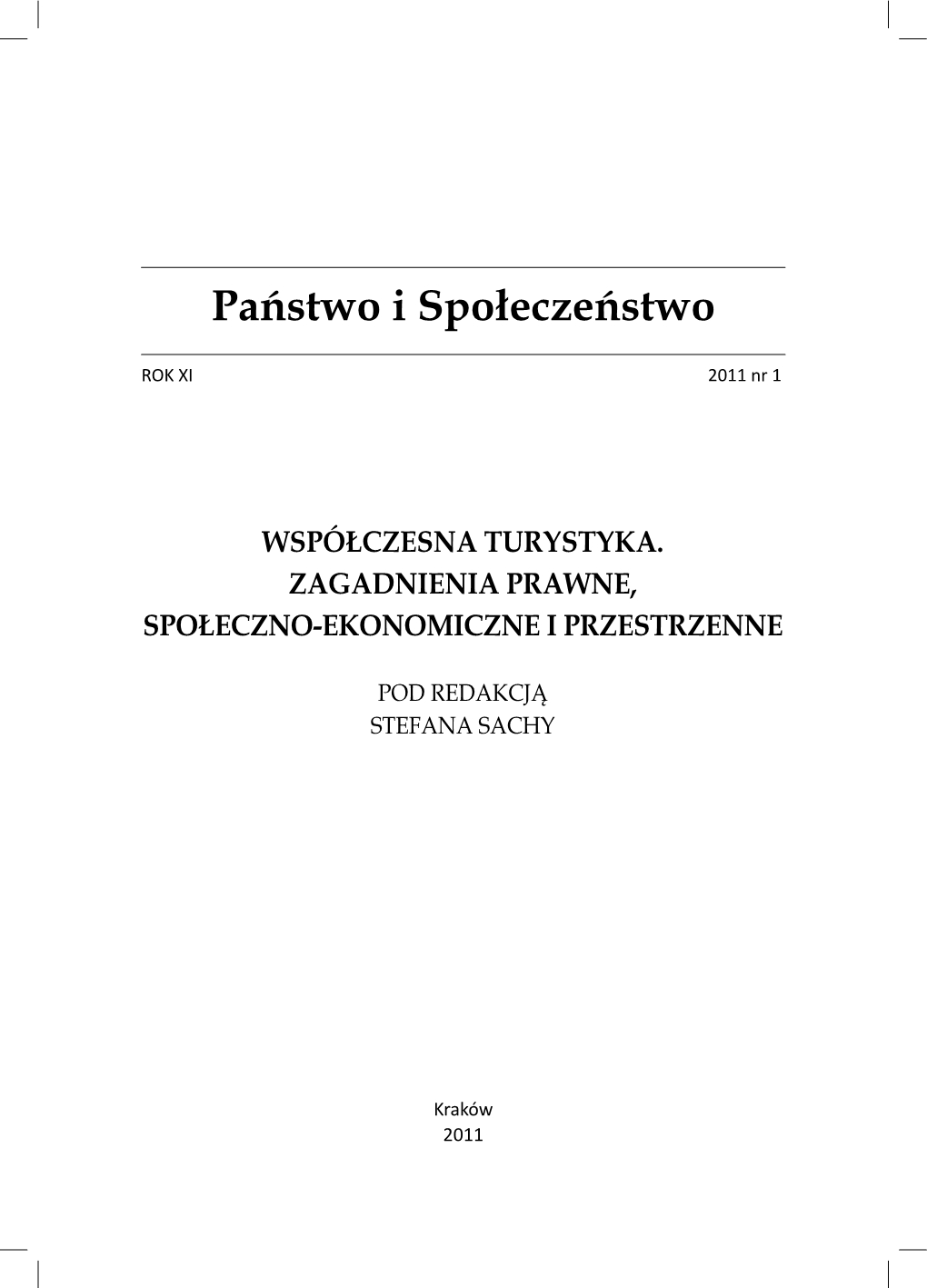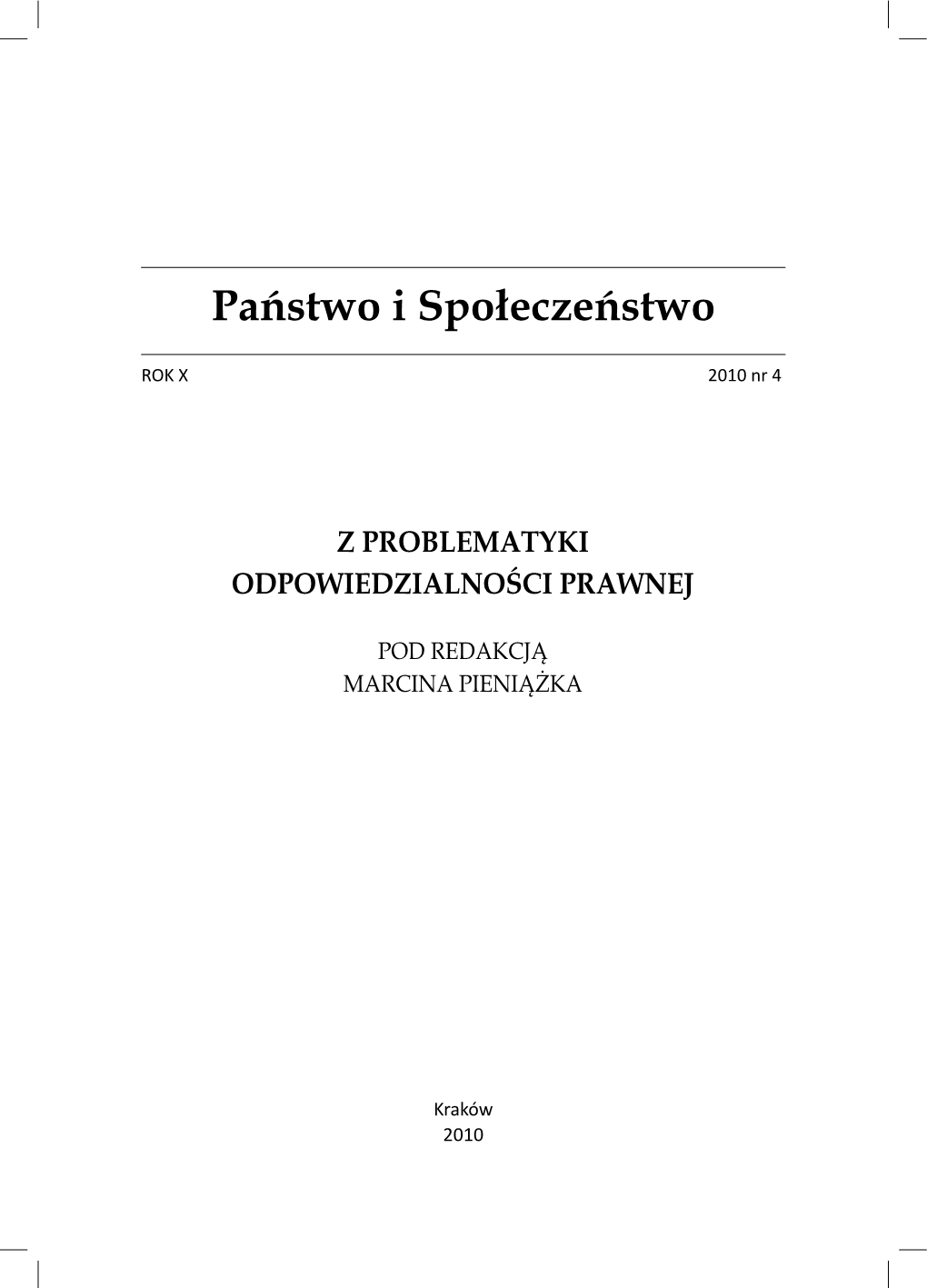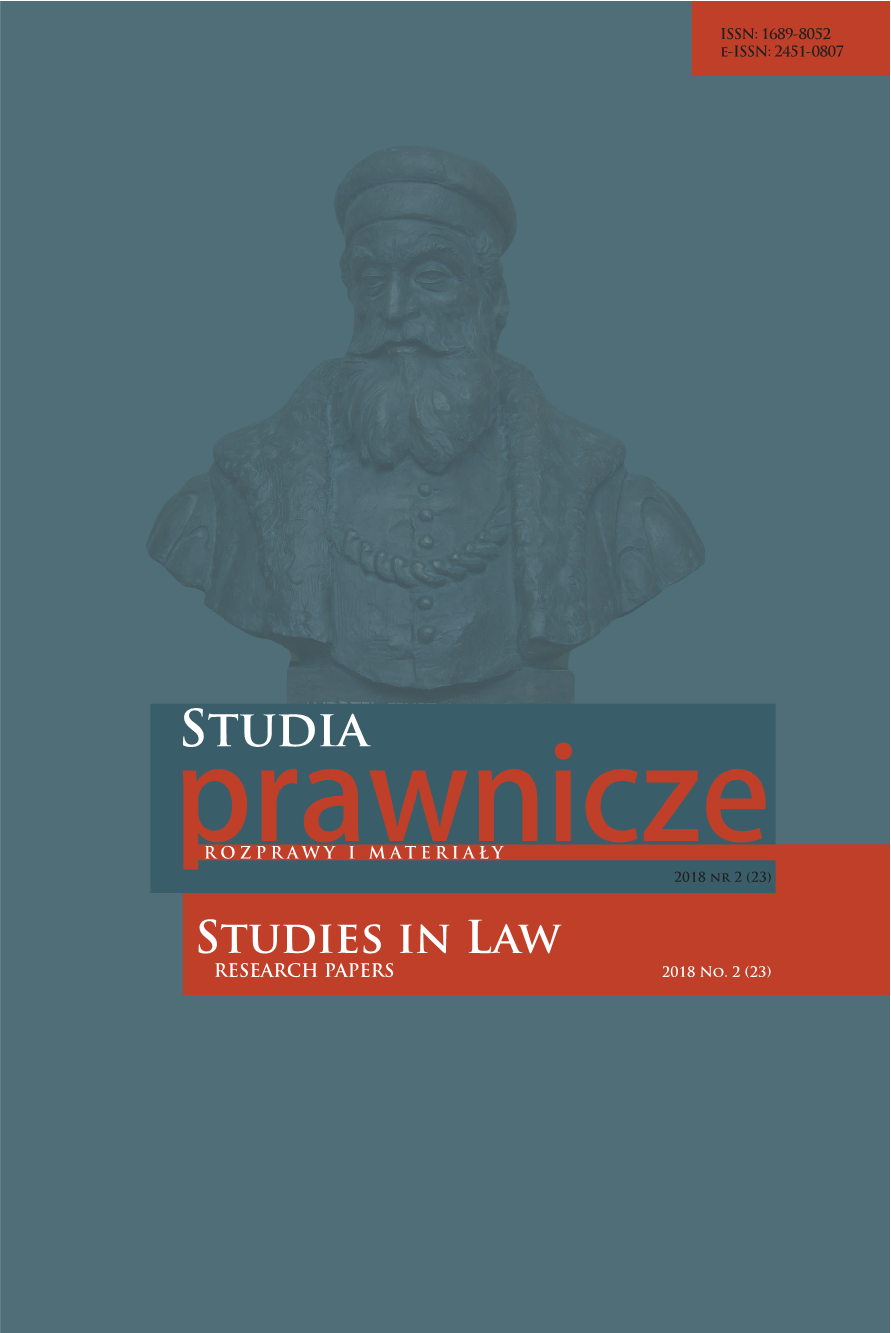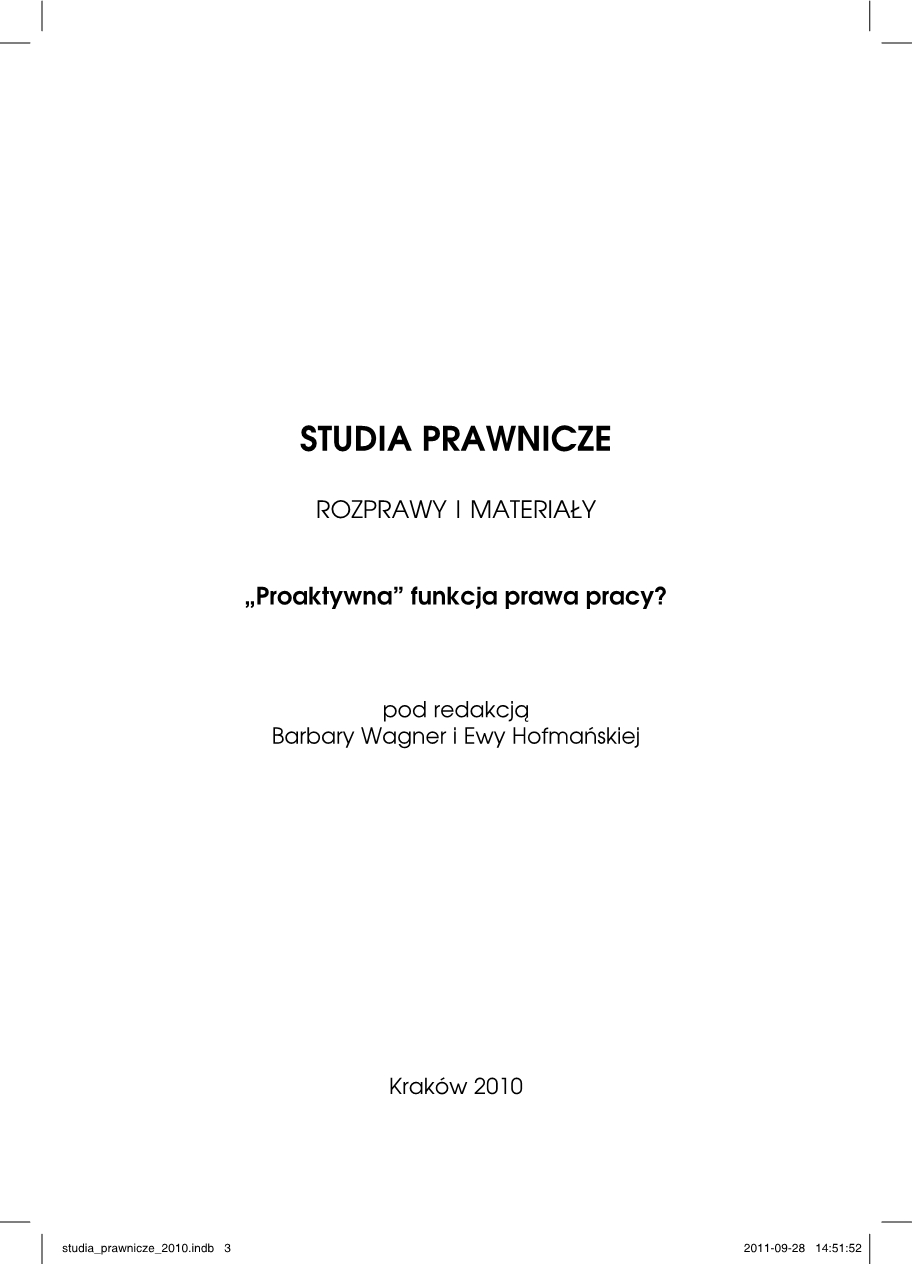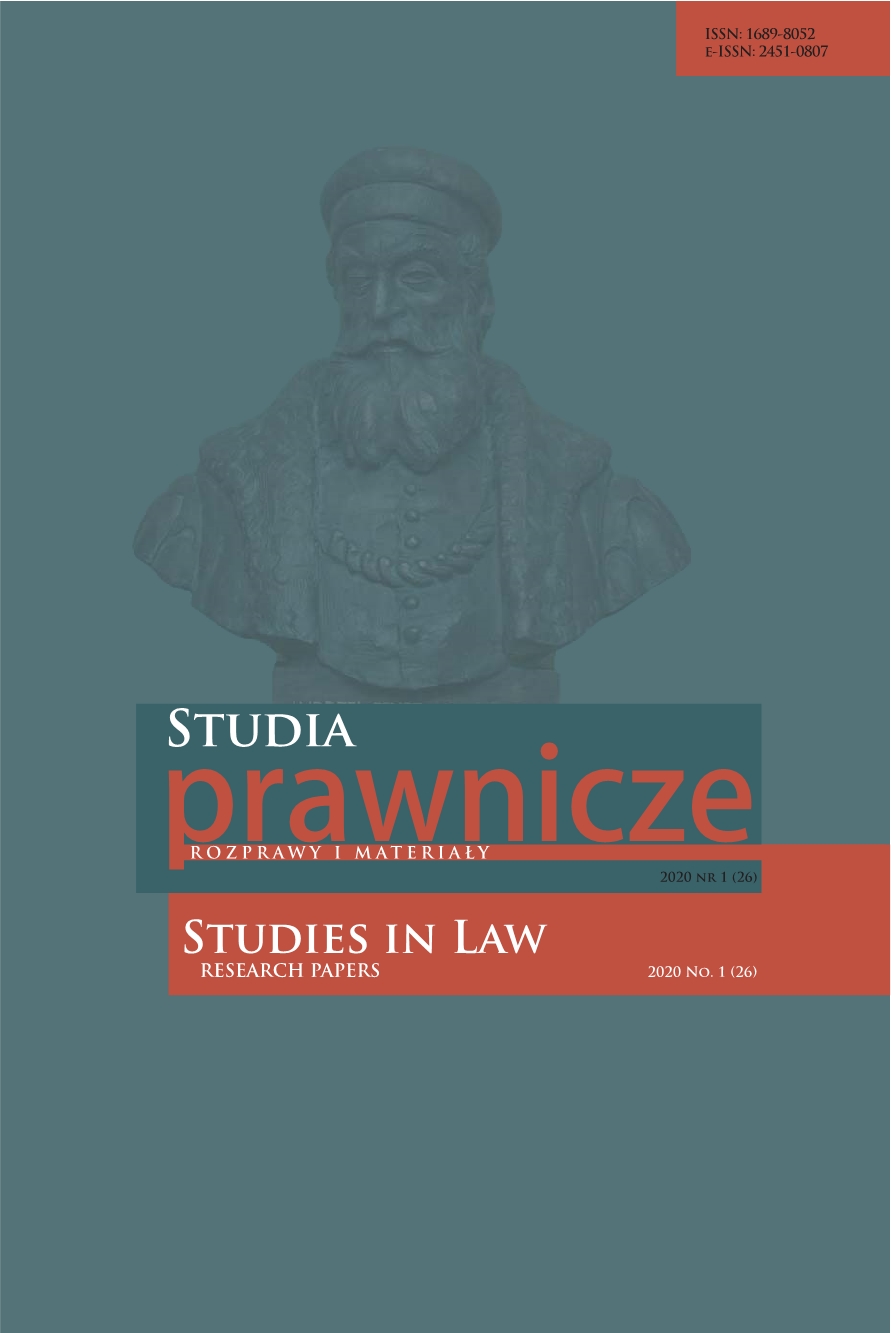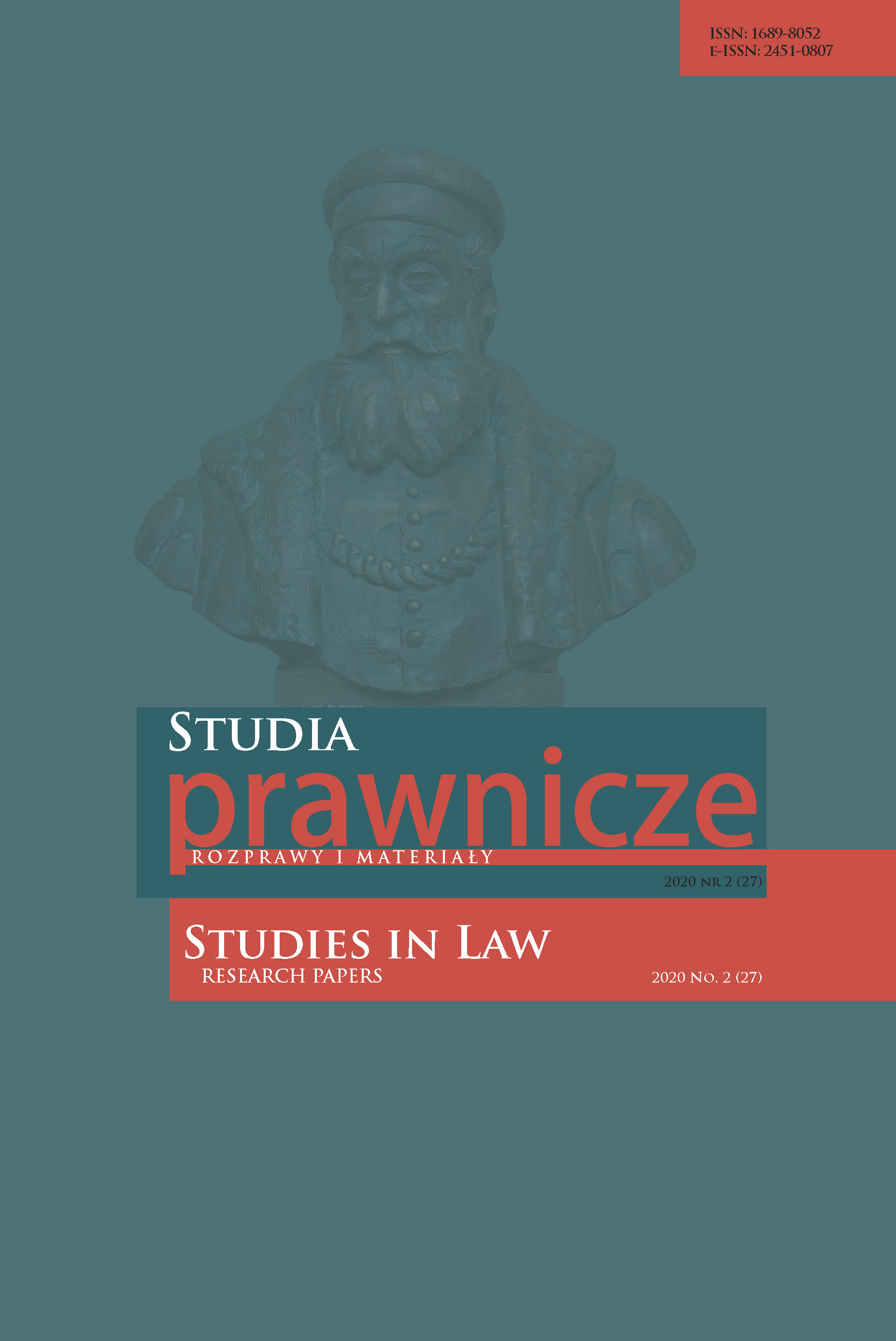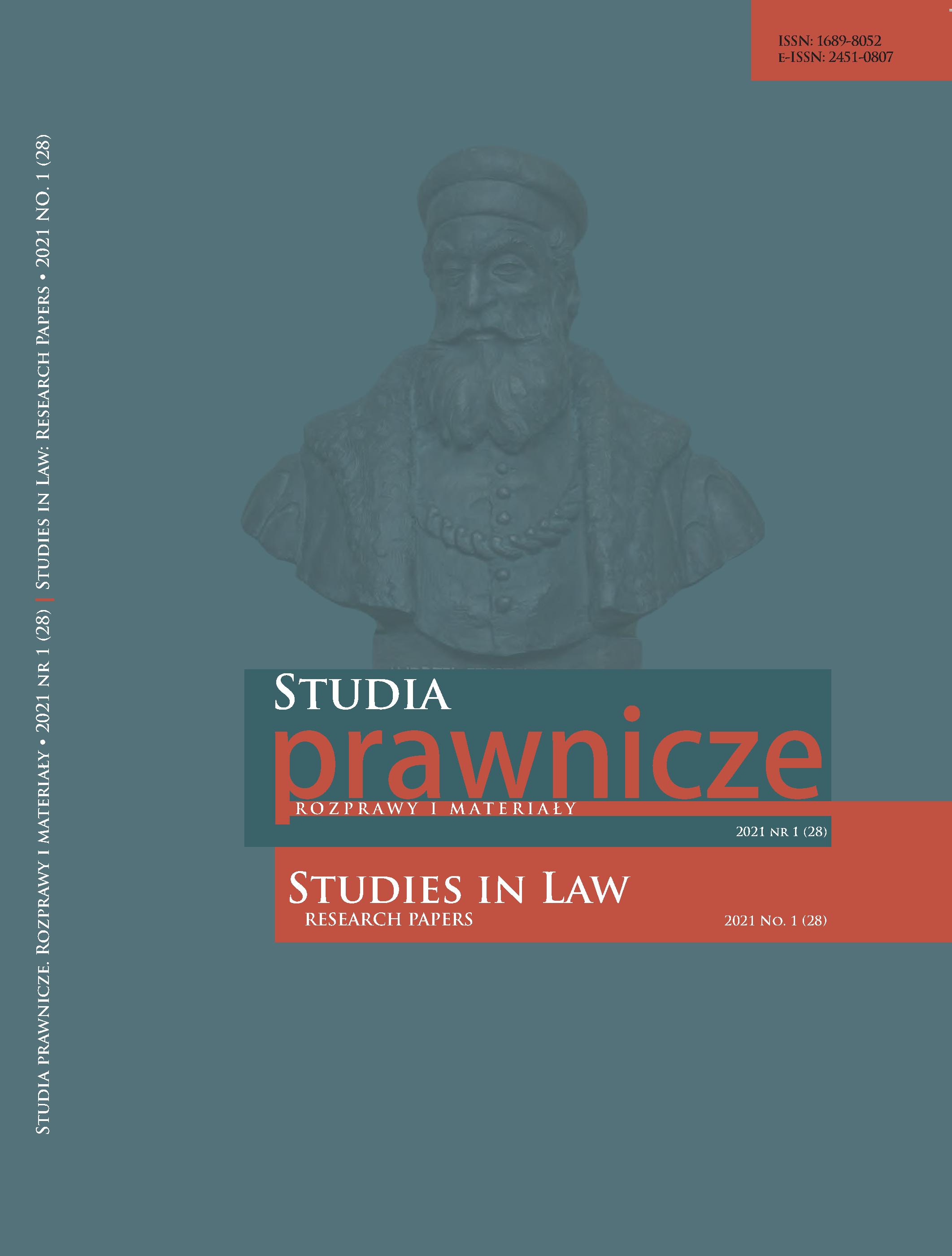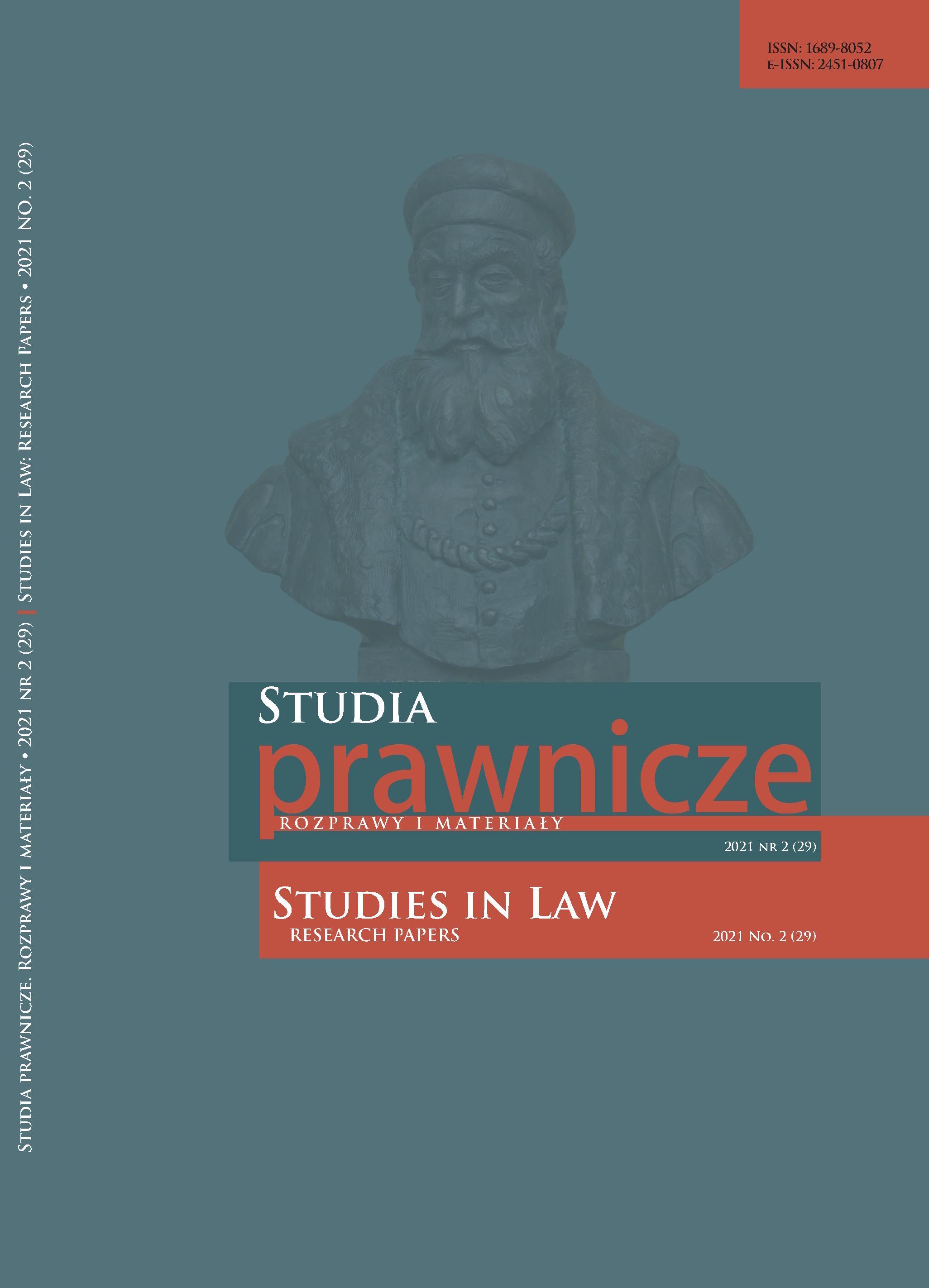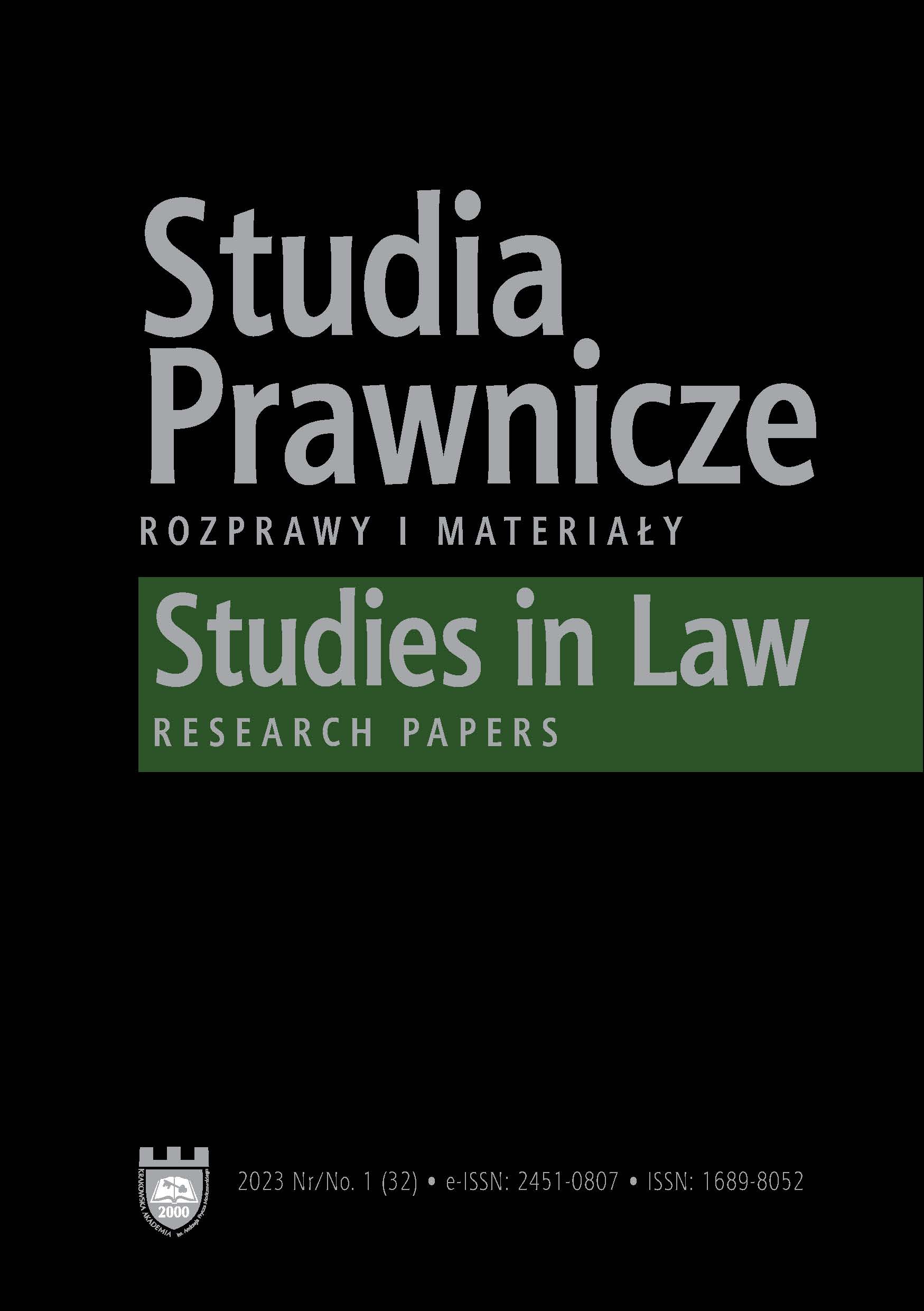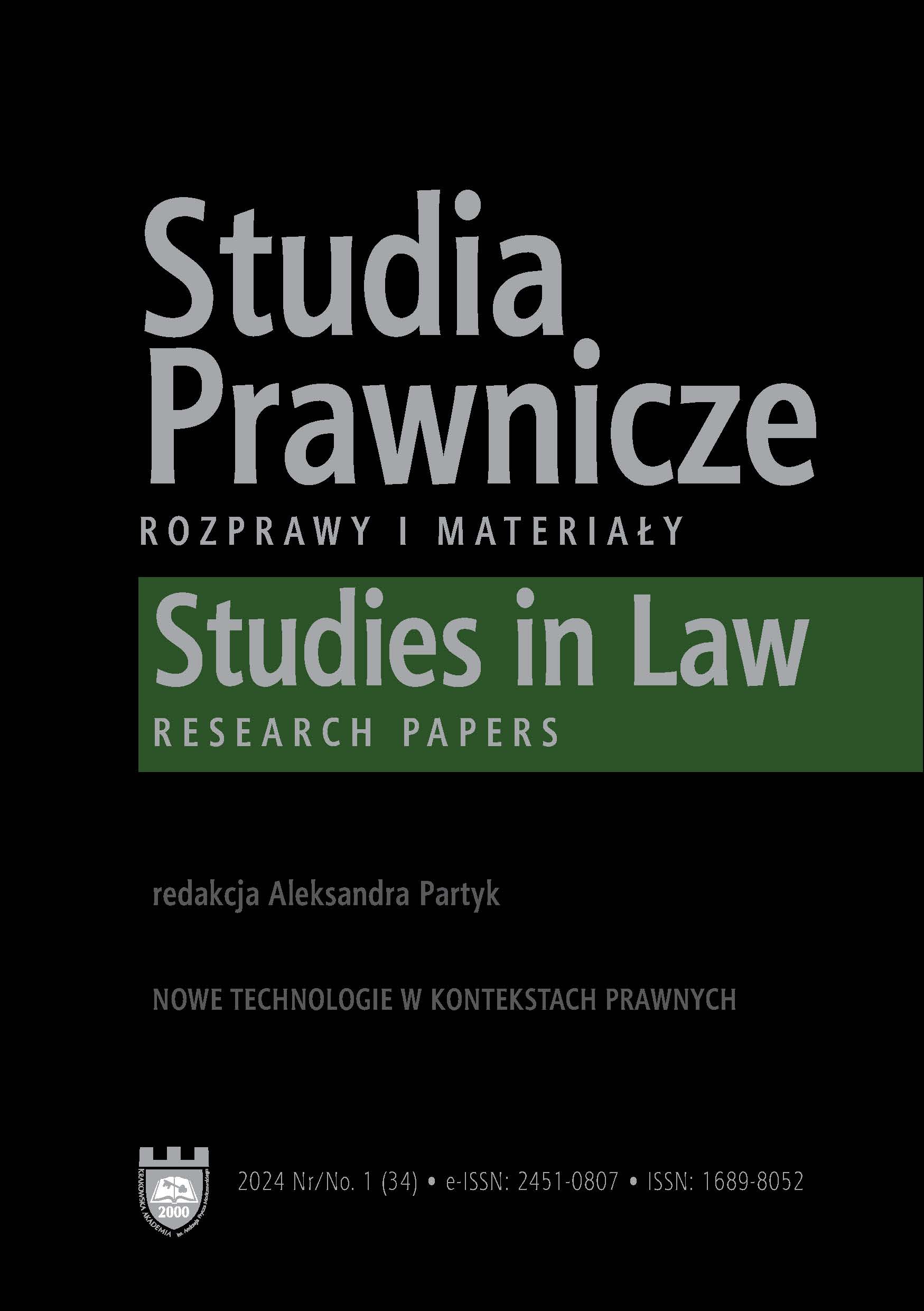Author(s): Gustavo Borges Silveira,José Luiz de Moura Júnior Faleiros / Language(s): English
Issue: 2/2021
The effects of colonialism persist until the present day, although many of its characteristics have been transformed through digital information technologies that enable algorithmically- driven environments in which the lack of regulation and governance perpetrates the exploitation of vulnerabilities. These colonial characteristics are equivalent to current digital information activities and they refer to the more general concept of coloniality. Thus, unlike colonialism, coloniality continues as a way of relating power, knowledge, being and gender, but on a more sophisticated environment. The emergence of new information and communication technologies, based on the mechanisms of Artificial Intelligence, has favored a virtual environment called Infosphere, in which informationally embodied organisms (inforgs), as well as the strengthening of a digital colonialism formed by technological companies from the Global North, allow the accumulation of wealth and profit at the expense of inequalities and social injustices imposed by a new hegemonic digital colonialism that emerges and is guided by surveillance capitalism, which, once again in history, causes epistemic violence in relation to other virtual knowledge sources, insofar as it considers people as the product or raw material of this nefarious system. The emergence of data protection laws all throughout the globe is still a recent phenomenon, but clearly not sufficiently effective as a counterpoint for the problem at hand. Improving information and AI ethics and algorithm development governance have been widely discussed and praised as adequate means to overcoming and/or diminishing the impacts of such unwanted practices. Even though that might still be regarded by some as a farfetched idea in a world of intercultural variety, pluralistic approaches to its understanding are an essential way of improving regulation. The Brazilian legal frameworks for Internet, privacy and data protection, which the research article will seek to deeply analyze, are still surrounded by skepticism due to the incipient sanction and liability enforcement mechanisms. Decolonial thinking is definitely an important subject and critically discussing the ever-challenging reality of the few global elites that currently dominate the Infosphere is an important step towards the desired ethical approach in Brazilian AI development. The forthcoming article has its main objective focused on the study of decolonial thinking in the aforementioned context of new hegemonic digital colonialism in Brazil. To achieve that goal, the deductive approach method shall be used, from the analysis of general premises in order to reach a particular conclusion, as well as bibliographic research.
More...
